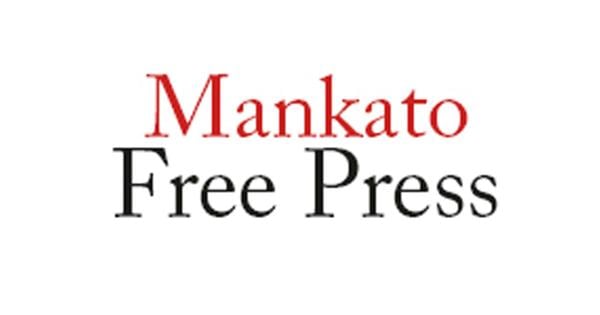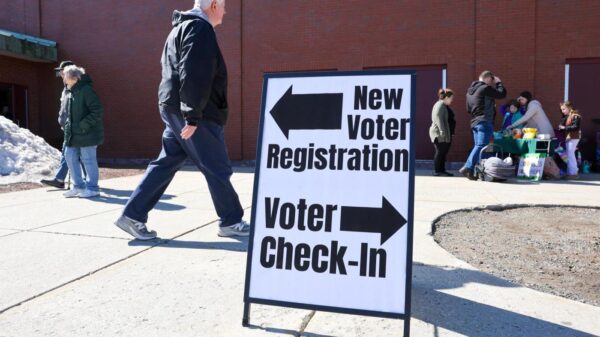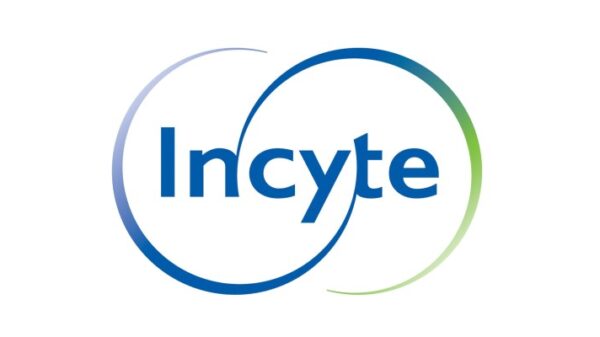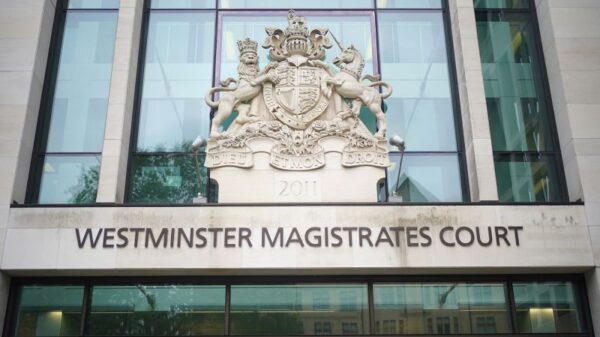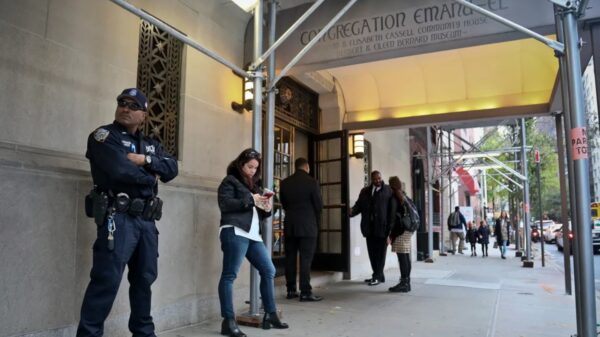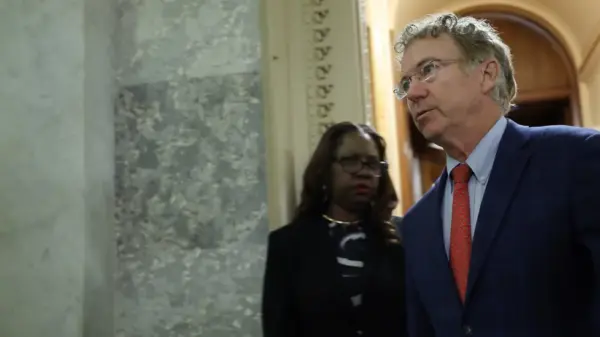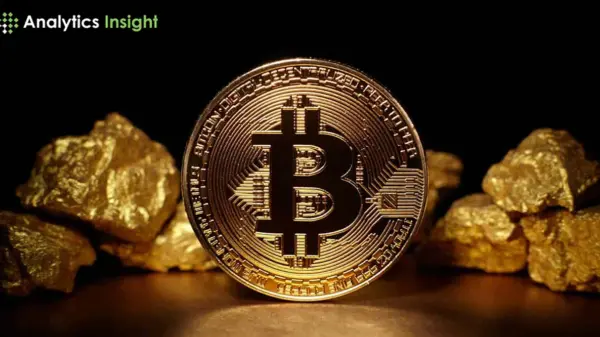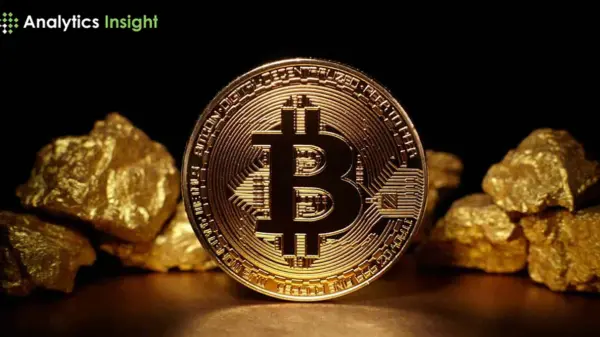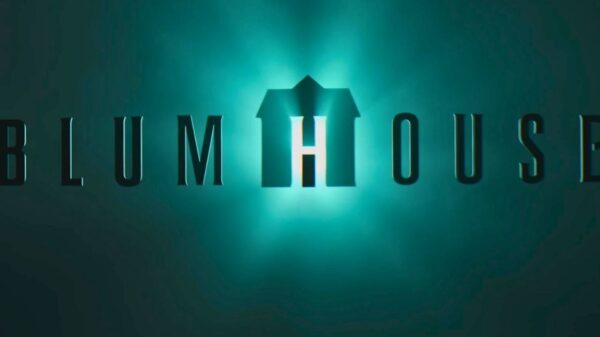The United States has granted Hungary a one-year exemption from sanctions aimed at Russian oil and gas, according to a White House official. This decision follows a meeting between Hungarian Prime Minister Viktor Orban and U.S. President Donald Trump in Washington, where Orban articulated Hungary’s energy needs in the context of ongoing geopolitical tensions.
During their meeting, which marked the first bilateral engagement since Trump regained power, Orban emphasized the necessity for Hungary to continue sourcing energy from Russia. He argued that ceasing Russian oil imports could have dire consequences for both the Hungarian populace and the economy. “We need to lay out the consequences for the Hungarian people, and for the Hungarian economy, not to get oil and gas from Russia,” Orban stated.
In September, Trump had imposed sanctions on Russian companies Lukoil and Rosneft related to the ongoing conflict in Ukraine. These sanctions included provisions threatening further penalties on countries purchasing oil from these firms. Trump expressed understanding of Hungary’s unique situation during their discussions, noting, “It’s very different for him to get the oil and gas from other areas.”
As part of the exemption, Hungary has committed to purchasing U.S. liquefied natural gas, with contracts valued at approximately $600 million. This development indicates a potential shift in Hungary’s energy procurement strategies, despite its longstanding reliance on Russian resources. According to the International Monetary Fund, Hungary sourced 74% of its gas and 86% of its oil from Russia in 2024. The organization has warned that an EU-wide embargo on Russian natural gas could lead to economic output losses in Hungary exceeding 4% of GDP.
The discussions between Trump and Orban also included the broader context of Russia’s ongoing war in Ukraine. Trump remarked on the situation, suggesting that Russia has shown little interest in pursuing peace. He asked Orban whether he believed Ukraine could ultimately prevail in the conflict, to which Orban replied, “A miracle can happen.”
Strengthening U.S.-Hungary Relations
Economic cooperation formed a significant part of their agenda, with Orban predicting a “golden age” in relations between the United States and Hungary. The Hungarian leader has been known for his critical stance toward the administration of President Joe Biden, a tactic that has historically garnered favor with Trump.
In a show of support, Trump endorsed Orban’s leadership ahead of the upcoming 2026 elections, stating, “He has not made a mistake on immigration… that’s why he’s going to be very successful in his upcoming election.” This support comes as Hungary faces a 200 million euro fine imposed by the EU for not complying with regulations concerning migrants and asylum seekers. Orban indicated that Hungary would manage its disputes within the EU independently.
The shifting dynamics in U.S.-Hungary relations were highlighted last month when the U.S. restored Hungary’s eligibility in its visa waiver program. This move is seen as a sign of improved diplomatic ties under the Trump administration, particularly as Hungary resists EU plans to phase out imports of Russian gas and liquefied natural gas by the end of 2027.
Despite the challenges, Hungary’s energy policies remain a point of contention within the EU, particularly as analysts from S&P note that Hungary has one of the most energy-intensive economies in Europe. While alternative gas supplies from nations like Azerbaijan and Qatar may help mitigate reliance on Russian energy, S&P cautions that Hungary’s economic stability remains vulnerable to fluctuations in energy supply.
The recent exemption granted by the U.S. illustrates the complexities of international relations and energy dependencies, particularly in light of the ongoing conflict in Ukraine and the broader geopolitical climate.





